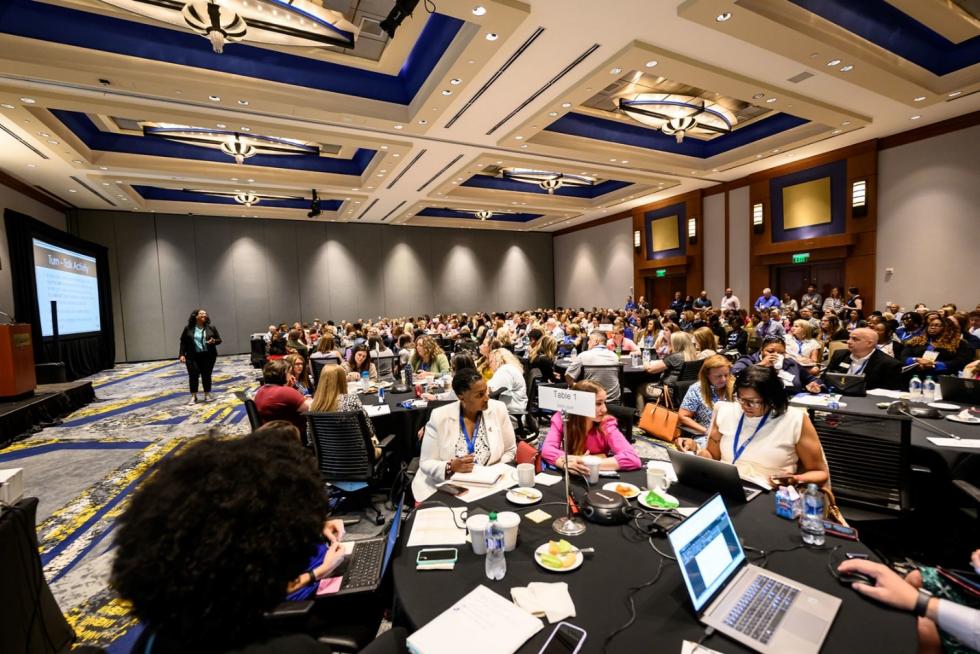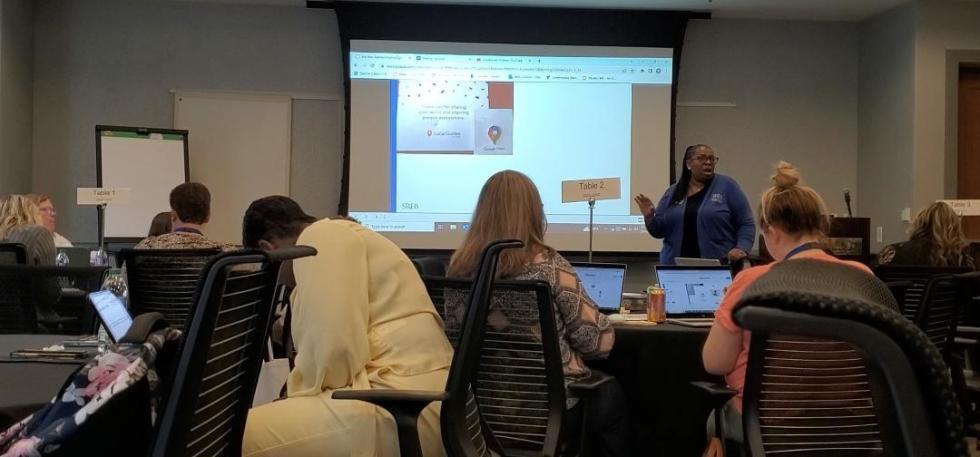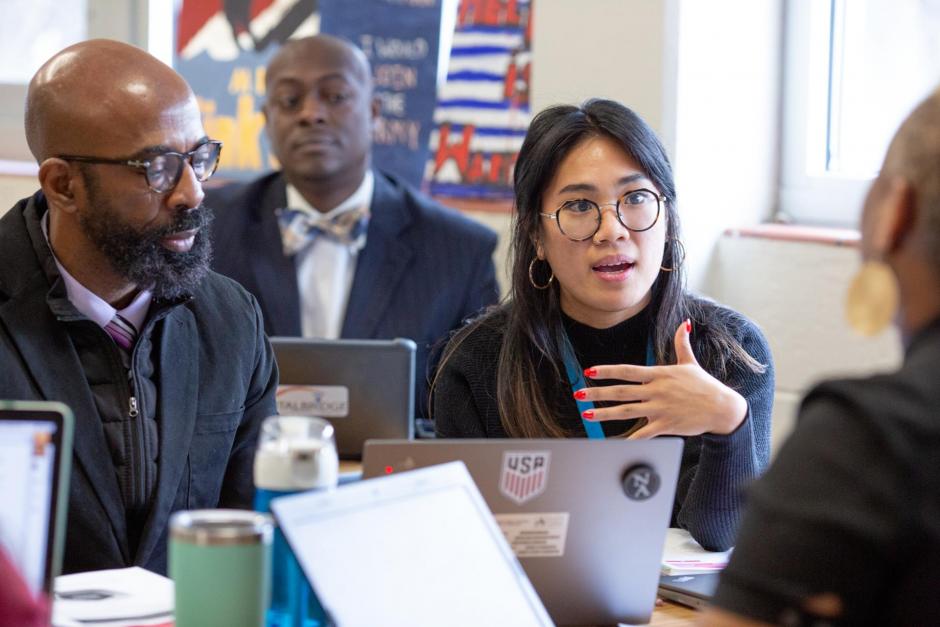School Improvement Coaching for Change
Coaching for Change
2025 School Coaching Conference
Conference Information
Key Conference Information
More information about upcoming coaching conferences will be available soon.
Who Attends
The Coaching for Change Conference is the only conference for instructional coaches. However, it benefits so many more than that. Here are some of the roles that make a great fit to attend the coaching conference:
| Instructional Coaches | Innovation Coaches |
| School Improvement Coaches | School Leadership |
| PLC Leaders and Chairs | Department- and Grade-Level Teacher Leaders |










